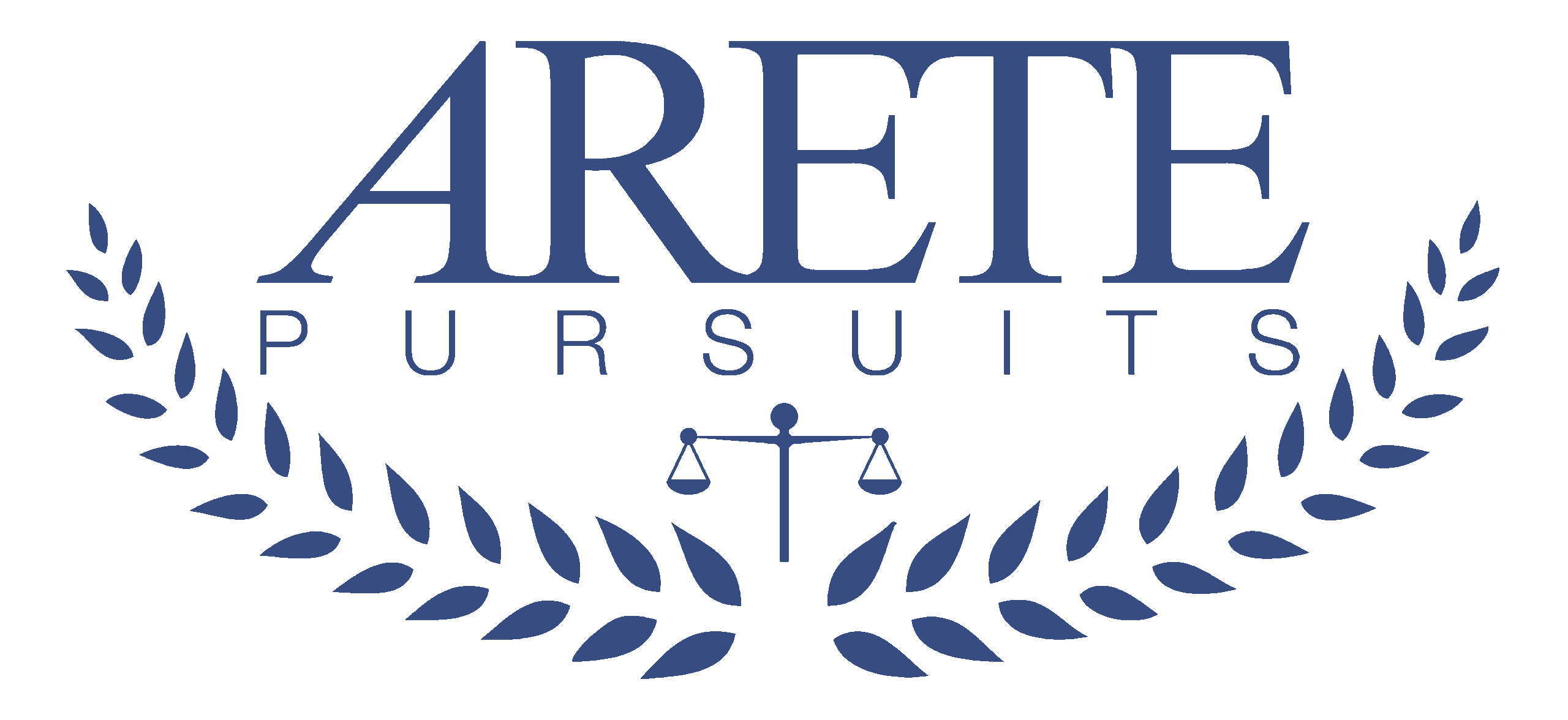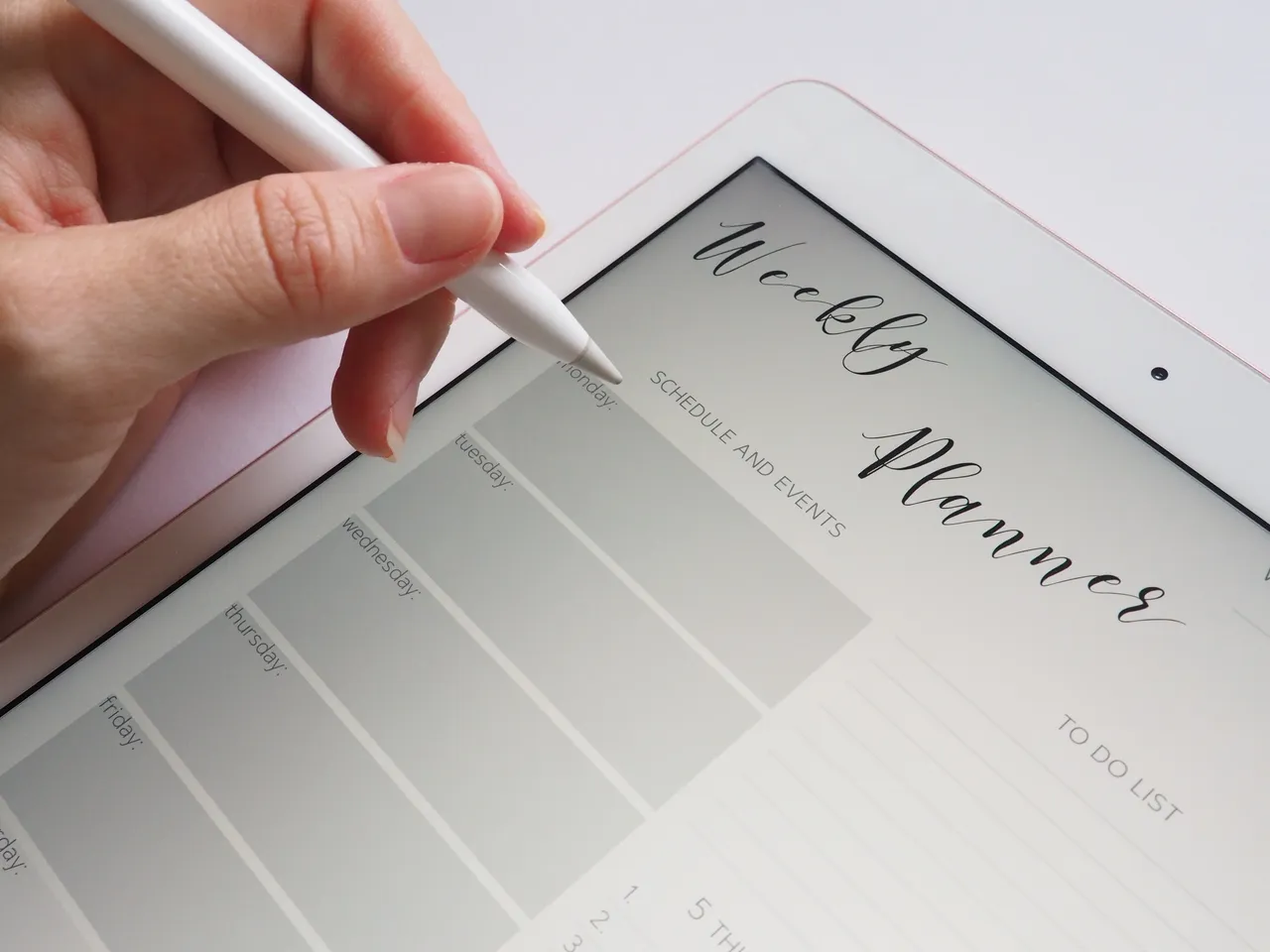Building on last week’s post on a Daily Planning Ritual, let’s continue this week with the next piece of the Productivity Mastery puzzle – the Weekly Planning Ritual (and I promise next week’s post won’t be a monthly or quarterly ritual – by that point we are into goal planning).
The strength of the daily planning ritual is it becomes a reliable way to build habits. Knowing it will occur, you can count on certain things happening every day as part of that ritual and stop worrying about them for the rest of the day. This same concept applies to your weekly planning ritual. By building a habit of planning once a week, you can stop worrying about many of the tasks on next week’s docket, knowing you will plan for them when the time comes.
My weekly planning window is Friday afternoon. It has become such a crucial step for me, that I will take as much time as I need on a Friday to get it done. In my prior role as a corporate executive, it was common for me to work until 8 at night on a Friday completing my planning, when the rest of the office had gone quiet. You may think this demonstrates a lack of balance between work and family, but for me, it was the opposite. When I did not do this, I spent my weekend worrying about what I needed to get done before Monday. I would routinely stress knowing I had work to do, but not sure how much, and what was important. As a result, I was not present with my family throughout the weekend. With the weekly planning ritual in place, I entered the weekend knowing exactly what the next week held in store for me. If there was work that needed to happen over the weekend, I knew how much, and I would set aside time to get it done. And often I found I could knock that out quickly before closing on Friday and enter the weekend with a clean slate. Working late on Friday allowed me to unplug and be fully present with my family on Saturday and Sunday. It was, and still is, absolutely worth it.
Friday does not work for everyone. Many of the people I have worked with prefer to use Sunday evening. Some choose Monday morning. The key is to make it reliable. Block your calendar for a minimum of two hours. I eventually moved to a construct I call Fake Vacation Friday. From 2-6 PM, I blocked my calendar as Out of the Office as opposed to Busy. Unfortunately, the culture where I worked was such that Busy time was frequently ignored. People scheduled overtop of the Busy time and I was not great at saying No when this happened. Vacation time, on the other hand, was typically honored, helping me preserve the time (and making it easier for me to say no if someone attempted to schedule over it).
You will notice I said two hours for this, as opposed to the 10–15-minute block for daily planning. This is your time to back away from the tactical and get up into the balcony, so you can see the forest from the trees. I use this time to assess my progress for the past week, to consolidate any tasks that are not on my master tasklist, to reassess priorities, and to plan the week ahead. Here is what my weekly planning ritual looks like
- Remove all distractions (phone in focus mode, close all unnecessary programs on my computer)
- Process loose papers in my backpack
- Clear off my desk
- Process any notes on my physical notepad
- Process any notes on my whiteboards
- Consolidate any out-of-place Evernote notes
- Consolidate any tasks in Evernote
- Consolidate any tasks in my iPhone reminders (which I dictate via Siri while running)
- Review the calendar for next week and identify any prep tasks
- Review my consolidated task list and adjust priorities
- Review my future task list to see if anything needs to move to the main task list
- Plan my runs on my calendar
- Add breaks to my calendar where needed
- Review my work projects and identify actions
- Review my work email and identify actions
- Review my personal projects and identify actions
- Review my personal email and identify actions
- Update my weekly metrics and identify actions
- Update my quarterly goal plan and identify actions
Yes, it is an extensive list! That is why I block two hours. I encourage you to start with a much shorter list and begin to build the habit. If you cannot afford two hours, start with an hour, and build to two hours over time. (Pro-tip – block an hour per week for the next month and expand it to two hours starting a month from now. While your calendar may be overbooked now, it probably has room a month from now. Grab it now before it’s gone).
My weekly planning ritual originates from David Allen’s Getting Things Done methodology. If these techniques resonate and you want to go deeper in a self-directed way, his book is a great resource. If you want a more guided approach, consider my Productivity Mastery service.
Want to comment? Join the conversation on LinkedIn.

